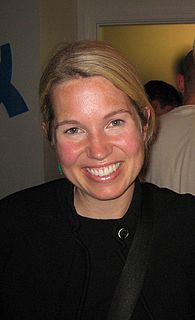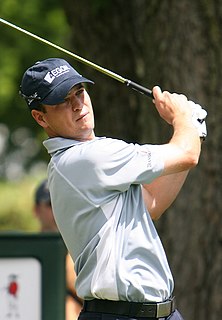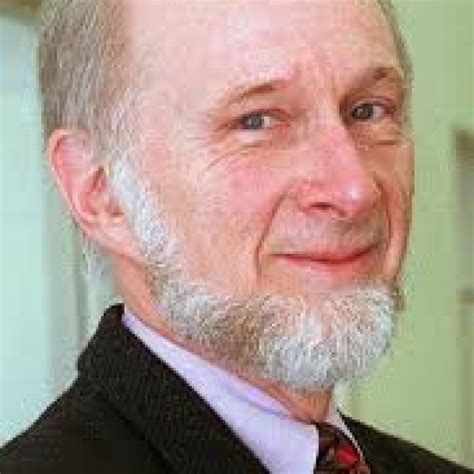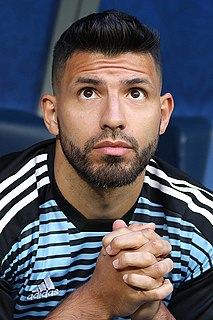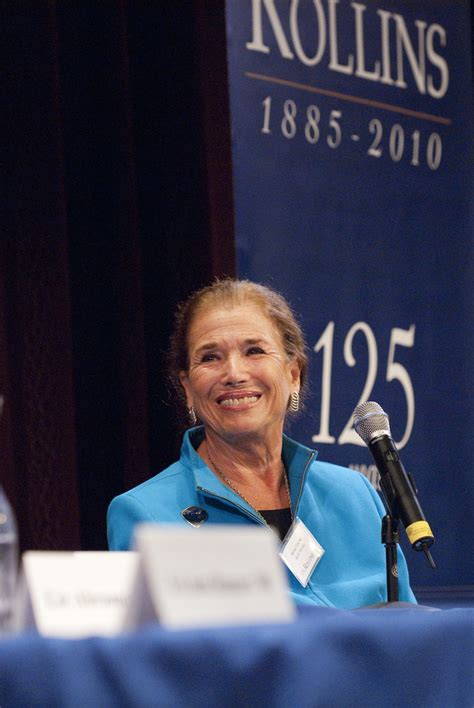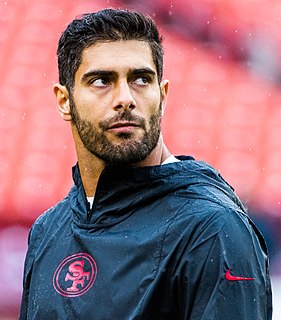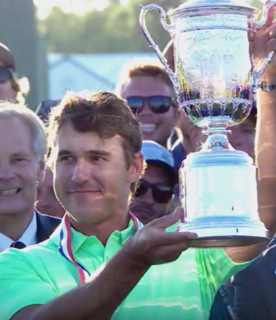A Quote by Willie Mays
I think I was programmed to do good things when I came into the majors. I knew how to play.
Quote Topics
Related Quotes
My skills weren't that I knew how to design a floppy disk, I knew how to design a printer interface, I knew how to design a modem interface; it was that, when the time came and I had to get one done, I would design my own, fresh, without knowing how other people do it. That was another thing that made me very good. All the best things that I did at Apple came from (a) not having money, and (b) not having done it before, ever. Every single thing that we came out with that was really great, I'd never once done that thing in my life.
I think I knew how frightened people were [when Donald Trump was elected], and I think I knew that people were worried about their future. I don't think I realized that they would be willing to risk kind of a 1920s Germany in order to blow it all up, not realizing that we've accomplished a lot as Americans, and we want to keep the good things and revolutionize the new things.
Women lead in ways different from men's. Men, I think, have been programmed to give orders. Women have been programmed to motivate people, to educate them, to bring out the best in them. Ours is a less authoritarian leadership. I think women tend to play hardball less often. This is the trend of office politics anyway: the days of warring factions are over. We're talking now in terms of cooperation, and I think that is the game women play best.
It's one of those things: you can't really control how much you play or when you play, but when your number's called, I think if you make the most of your opportunities in this league, that's what makes good players. That's what I've tried to do in my short time being a starter, and good things have come from it.
Elvis came along when I was 10. My father gave me a bass ukulele. I taught myself how to play from a book to play some chords, so I was laying down 'Hound Dog' and things like that when I was 10 years old in 1955. That's the way I was. My ear was glued to the radio. I knew right then what I wanted to do.
I think that the most important thing for me is, how is the character that I would be reading for? Is it interesting? Is there stuff to do? Are there things that you can do with the character? How can you play it out? Just those kinds of things that are very important for an actor. Also, a good director and good dialogue.

